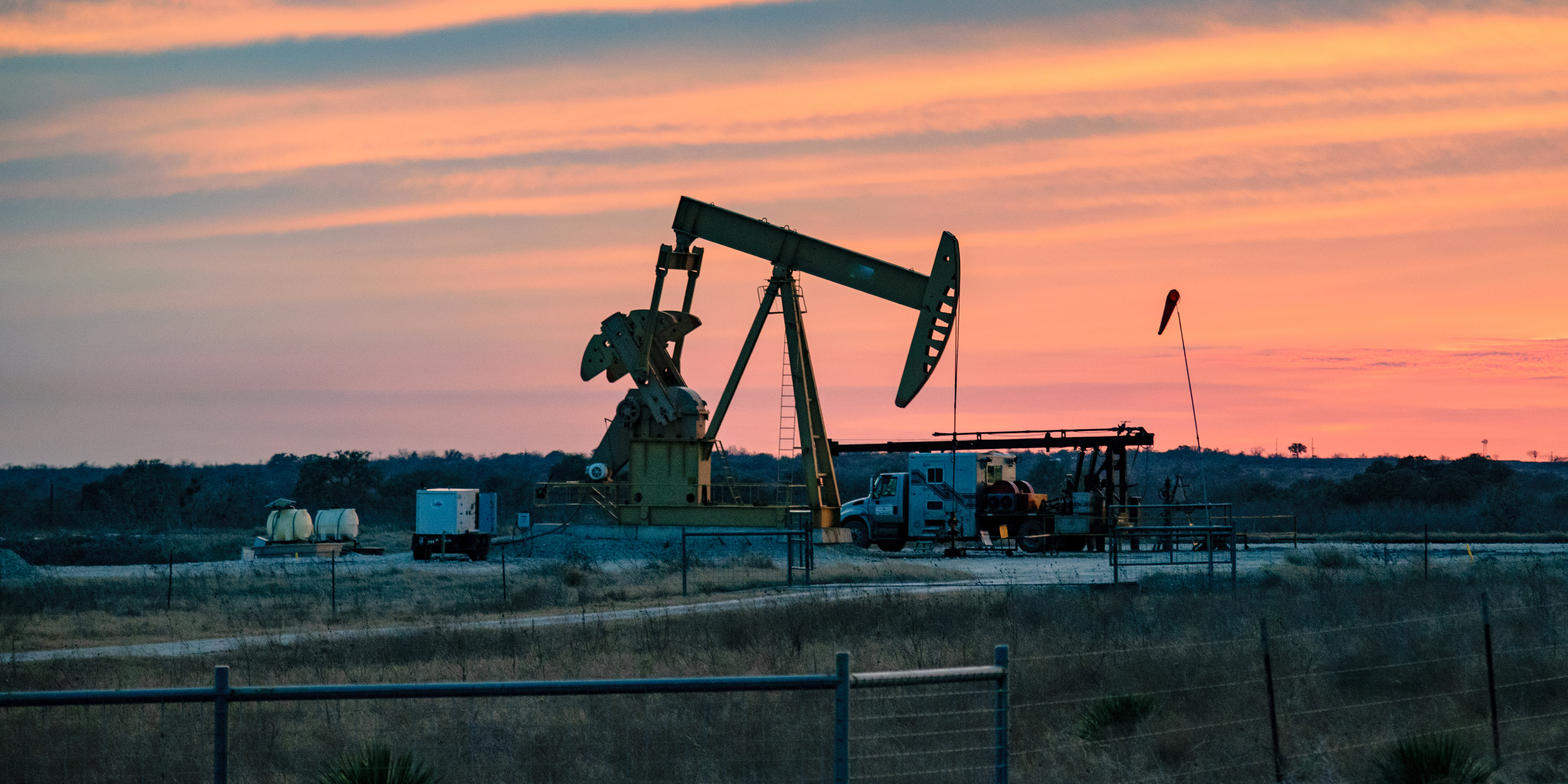A superhydrophilic filter has been shown to effectively reduce contaminants in water produced as a by-product from fracking operations by 90 percent.
The filter is capable of removing not just hydrocarbons but also bacteria and other particulates that mix with the water during operations at shale oil and gas wells, according to researchers at the Energy Safety Research Institute at Swansea University, UK.

The new research turns a ceramic membrane with microscale pores into a superhydrophilic filter that “essentially eliminates” the common problem of fouling.
The researchers determined one pass through the membrane should clean contaminated water enough for reuse at a well, significantly cutting the amount that has to be stored or transported and therefore lowering the amount of water required for fracking operations.
The filters keep emulsified hydrocarbons from passing through the material’s ionically charged pores, which are about one-fifth of a micron wide – small enough that other contaminants cannot pass through.
The charge attracts a thin layer of water that adheres to the entire surface of the filter to repel globules of oil and other hydrocarbons and keep it from clogging.
A hydraulically fractured well uses more than 20 million liters of water on average, of which only 10 to 15 percent is recovered during the flow back stage, said professor Andrew R Barron, who worked on the project.
For more information visit www.swansea.ac.uk















